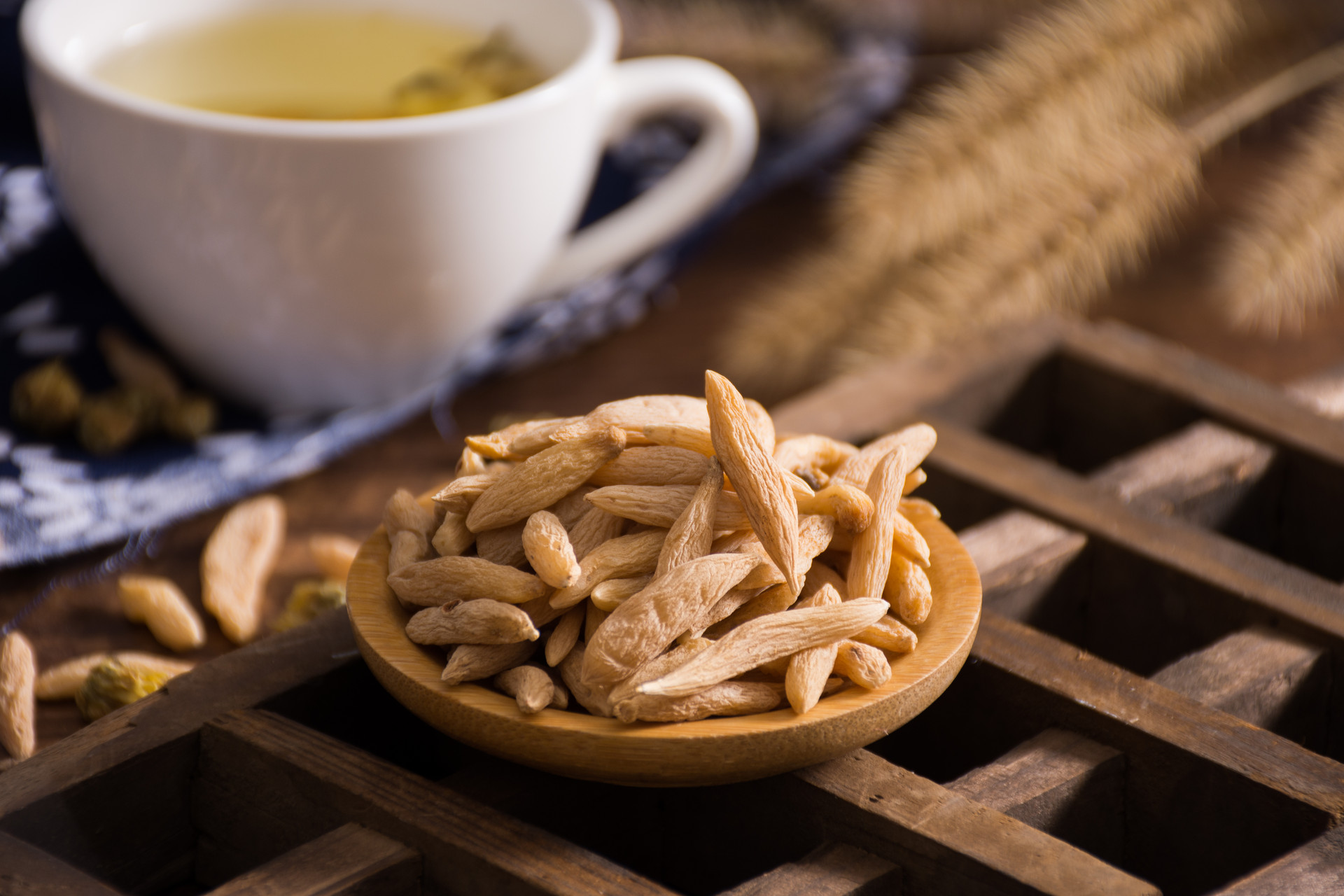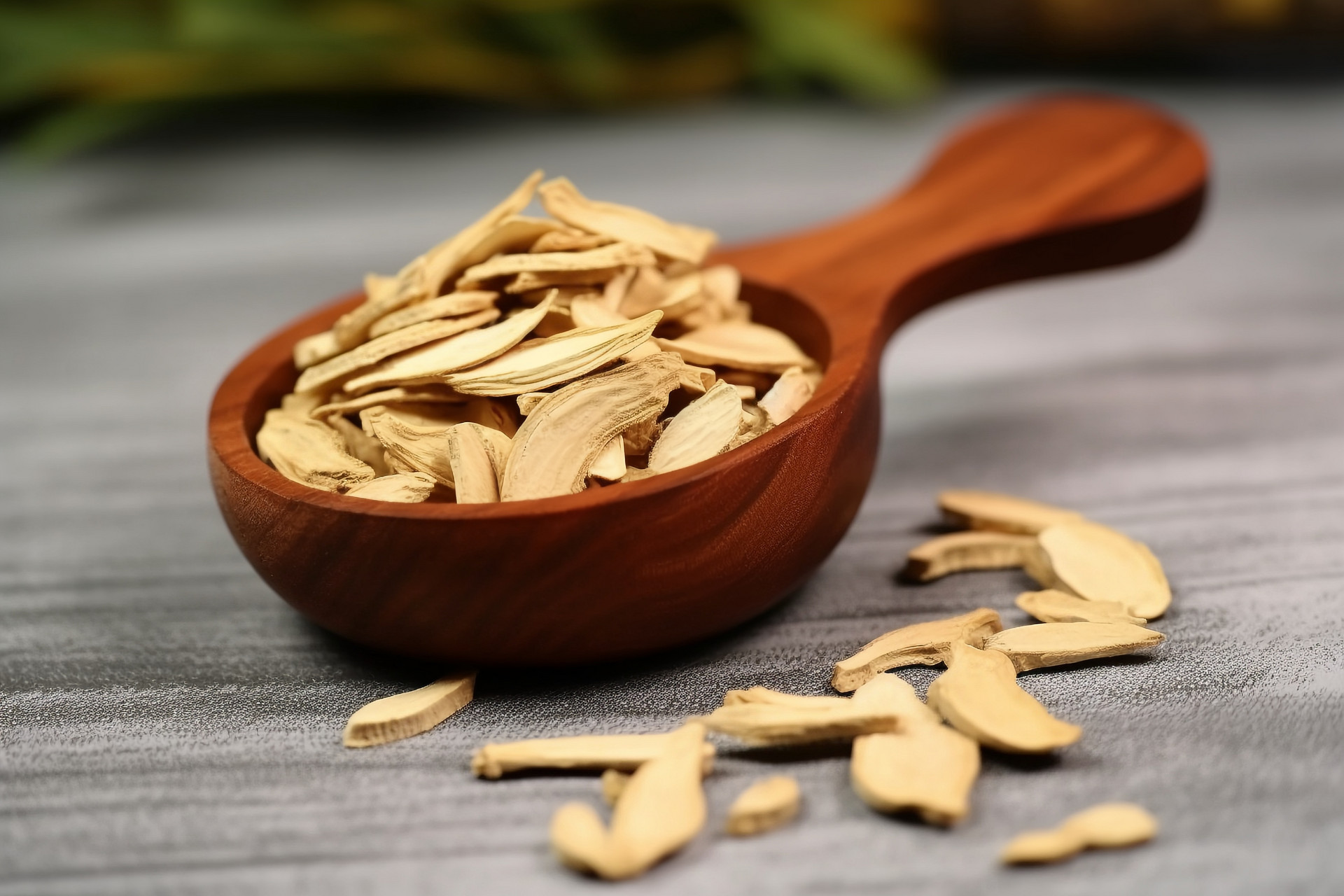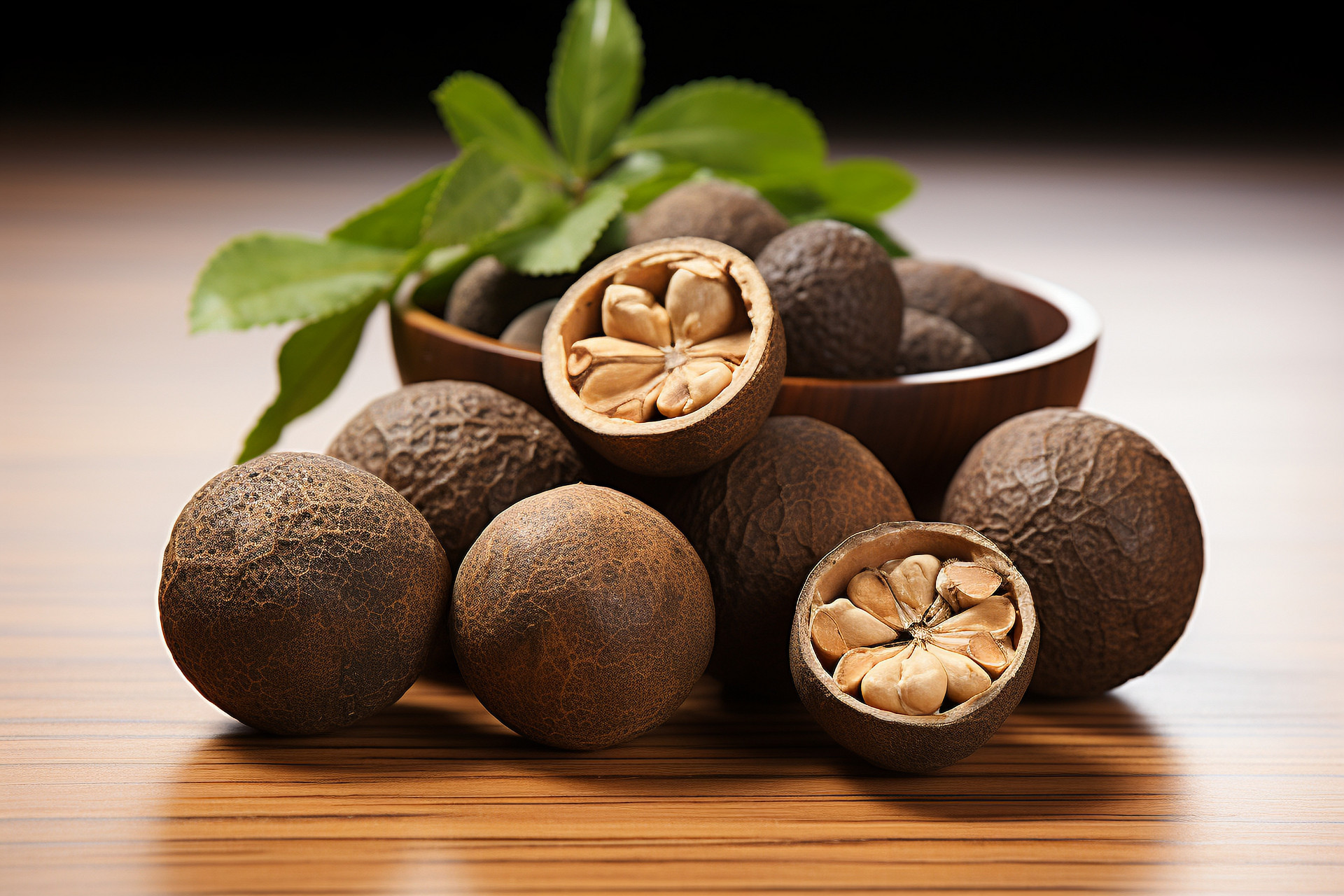Mulberry bark, also known as mulberry root bark or white mulberry bark, is the root bark of the mulberry tree, a plant in the Moraceae family. It has a cold nature and a sweet taste, and enters the lung and spleen meridians. It has the effects of clearing the lung, relieving asthma, promoting diuresis, and reducing swelling. It is used to treat symptoms such as lung heat and cough, hemoptysis, edema, beriberi, and difficulty urinating. "Compendium of Materia Medica" states: "Mulberry bark grows in areas with abundant water, and its purpose is to remove excess water from the body. Therefore, it is suitable for those with excessive water and lung fire." In the market, dried root bark of the Chinese parasol tree, a plant in the same family, is sometimes falsely sold as mulberry bark, so caution should be exercised when using it.
Authentic Mulberry Bark
The appearance is often long and twisted, or curled inward on both sides to form a groove shape. The length, width, and thickness vary, with a thickness of about 1 to 5 millimeters. The outer surface is pale yellow or nearly white, with a few brownish-yellow or reddish-yellow spots. It is relatively flat with longitudinal cracks and sparse fibers. The inner surface is yellow-white or grayish-yellow, smooth, with fine longitudinal lines or longitudinal cracks, revealing fibers. It is light, tough, difficult to break, and easily tears, releasing white powder when torn. It has a slight bean-like odor and a sweet and slightly bitter taste when tasted.
Counterfeit Chinese Parasol Tree Bark
The appearance is similar to the genuine product, but the thickness is thinner, mostly around 1 to 2.5 millimeters. The outer surface is mostly grayish-white, relatively rough, with horizontal wrinkles and granular protrusions. Some still have orange-yellow cork remains. The inner surface is grayish-white with lateral root perforations. The bark is also difficult to break, but the broken surface is slightly fibrous. It has a faint odor and no bean-like odor, with a slightly bitter and astringent taste when tasted.
Modern pharmacological studies have confirmed that mulberry bark not only has diuretic effects but also has antihypertensive and sedative effects. Acetylcholine substances extracted with water or alcohol can dilate blood vessels and significantly reduce blood pressure. Chinese parasol tree bark, on the other hand, despite also being a plant in the Moraceae family, belongs to a different genus and does not possess the aforementioned effects. Therefore, it cannot be used as a substitute for medicinal mulberry bark.











